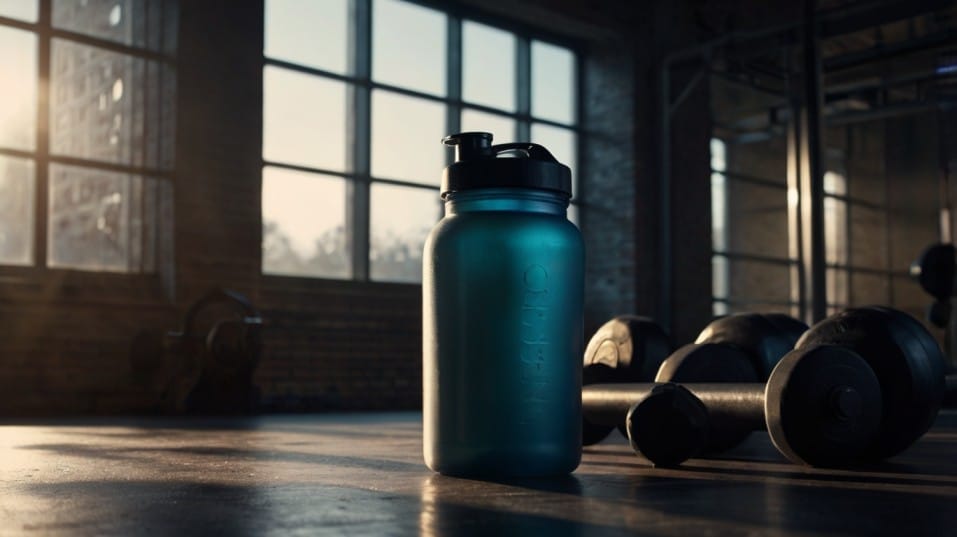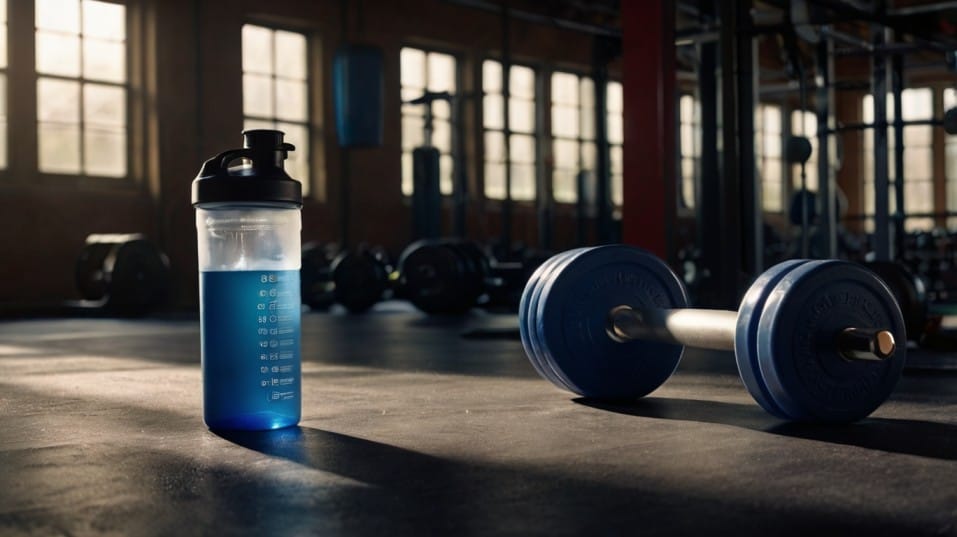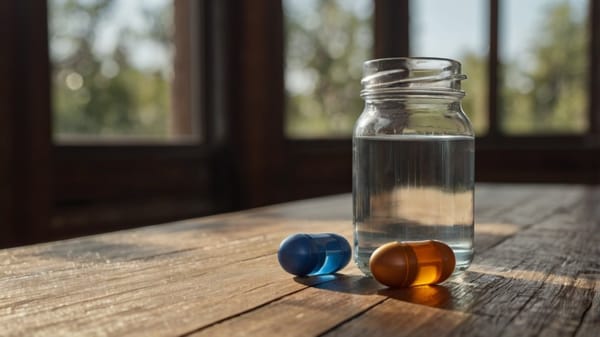Train Hard? Here’s What to Take So You Can Train Again Tomorrow
Train hard without burning out. This recovery stack helps you rebuild overnight so you can show up strong again—day after day.

Ever push through a tough workout, only to feel wrecked the next morning—tight muscles, low energy, zero motivation? That’s not just fatigue.
It’s your body asking for better recovery. Training breaks you down, but without the right support, you won’t build back up.
Sleep helps, but it’s only part of the story. If you want to train hard today and again tomorrow, you need a smarter approach to bounce back fast.
Why Recovery Isn’t Just About Rest
Recovery isn’t passive downtime—it’s a high-demand, behind-the-scenes process.
Your body is repairing micro-tears in muscle fibers, flushing out metabolic waste, calming your nervous system, and replenishing energy stores. That’s a lot of work. And just like your workouts, recovery needs fuel.
Sleep helps, sure. But sleep alone won’t cover nutritional gaps, replenish lost minerals, or shift your nervous system out of go-mode.
When your body’s missing the tools it needs to bounce back, you wake up sore, sluggish, and unmotivated—even if your mind’s still fired up. Let’s fix that.
Start With the Basics That Actually Work
If your recovery feels stalled, it usually comes down to missing the essentials. These aren’t fancy or exotic—but they’re the non-negotiables.
Magnesium: This is a big one. It supports over 300 enzymatic reactions, many of which are involved in muscle function, nervous system regulation, and sleep quality.
After intense training, magnesium helps ease muscle tension and shift your body into a parasympathetic (rest-and-recover) state. Go with magnesium glycinate or magnesium malate—they’re easy on digestion and actually absorb.

Electrolytes: Sodium, potassium, and magnesium all play a direct role in muscle contraction, nerve signaling, and hydration. If you’re sweating hard—or even just living in a hot climate—your electrolyte needs increase fast.
Dehydration is one thing. But mineral loss is what leaves you feeling flat. A quality electrolyte mix post-workout can make a huge difference in energy, mood, and soreness.
Protein: Still the recovery staple. But the magic isn’t just in slamming a shake the second you finish your last rep. What matters more is your total daily intake and whether you’re getting complete amino acids.
Aim for a protein source with all nine essential amino acids within a couple of hours post-workout. Whey, plant-based blends, or collagen with added leucine are all solid options depending on your goals.
Add Boosters That Work Behind the Scenes
Beyond the basics, certain compounds can speed up your bounce-back without overcomplicating your stack.
Creatine: It’s not just for muscle gain. Creatine helps your cells regenerate ATP—your body’s primary energy currency.
That’s critical during workouts, but it also supports muscle recovery and cognitive energy between sessions. Daily creatine (3–5g) keeps your system topped off so you can hit tomorrow’s workout without dragging.
L-Theanine: Best known as a calming compound in green tea, L-theanine is great for evening recovery.
It smooths out cortisol spikes, promotes a focused calm, and supports deep rest—without knocking you out. It’s especially helpful if you train late in the day and struggle to wind down.
Tart Cherry Extract: Lowers perceived muscle soreness, supports joint comfort, and has natural melatonin precursors for sleep. Perfect as a post-workout or evening add-on. Bonus: it’s delicious in smoothies.
Omega-3s (like fish oil): Not a “flashy” recovery supplement, but crucial. Omega-3s help modulate inflammation and support cell membrane repair.
If you train hard and don’t get fatty fish in your diet a few times a week, this one’s a worthwhile daily habit.
Sleep: The Recovery Zone You Can’t Skip
No matter how well you supplement, poor sleep tanks your results. Recovery happens at night—your brain clears waste, muscles rebuild, and hormone levels reset.
But hard training can interfere with sleep, especially if your nervous system stays stuck in fight-or-flight mode.
To make the most of your sleep window—even if it’s short—focus on quality, not just hours.
Try this wind-down combo:
- Magnesium glycinate (helps quiet the body and mind)
- Glycine (3g before bed can lower core body temperature and promote deep sleep)
- Tart cherry extract or L-theanine (both support melatonin production and calm the system)
Stack these with a dark, cool room and screen-free time before bed, and your recovery skyrockets overnight.
Support Your Nervous System—Not Just Your Muscles
Recovery isn’t just about repairing tissue. It’s about resetting your whole system. When you train hard—especially with intense or high-volume work—your sympathetic nervous system kicks into overdrive.
That’s great for performance, but if it stays switched on, you stay inflamed, anxious, and wired. Adaptogens can help here.
Ashwagandha is one of the most researched adaptogens for reducing cortisol and balancing stress response. It pairs well with evening stacks.
Reishi mushroom is another option that helps calm the body, support immunity, and ease into restful sleep. Think of it as nervous system nourishment—ideal for athletes who push hard and want to stay healthy.
Timing Matters (But Keep It Simple)
You don’t need a 10-step protocol or a spreadsheet to get this right. Just align the basics with your natural rhythms.
After training:
- Creatine
- Electrolytes
- Protein shake or real-food meal
Evening (1–2 hours before bed):
- Magnesium glycinate
- Glycine
- Optional: L-theanine, tart cherry, reishi
It’s not complicated. But it is consistent. That’s what gets results.
Build a Recovery Ritual You Actually Look Forward To
Recovery shouldn’t feel like a chore. You’re more likely to stick with it if it feels good, tastes good, and fits your rhythm.
Make your post-workout drink a moment of pause. Light a candle, take your nighttime stack with a book instead of your phone. Turn recovery into a ritual, not a checkbox.
You don’t just bounce back faster—you build a system that supports your life outside of training too.
Final Thoughts: Recover Like You Mean It
Training breaks you down. Recovery builds you back better. If you want to show up strong day after day, it’s not about going harder—it’s about recovering smarter.
A few targeted supplements, timed right, can make the difference between just “getting through” and actually thriving.
Start now. Build a recovery routine that works with your body, not against it—so you’re ready to show up, push harder, and keep going long-term.




